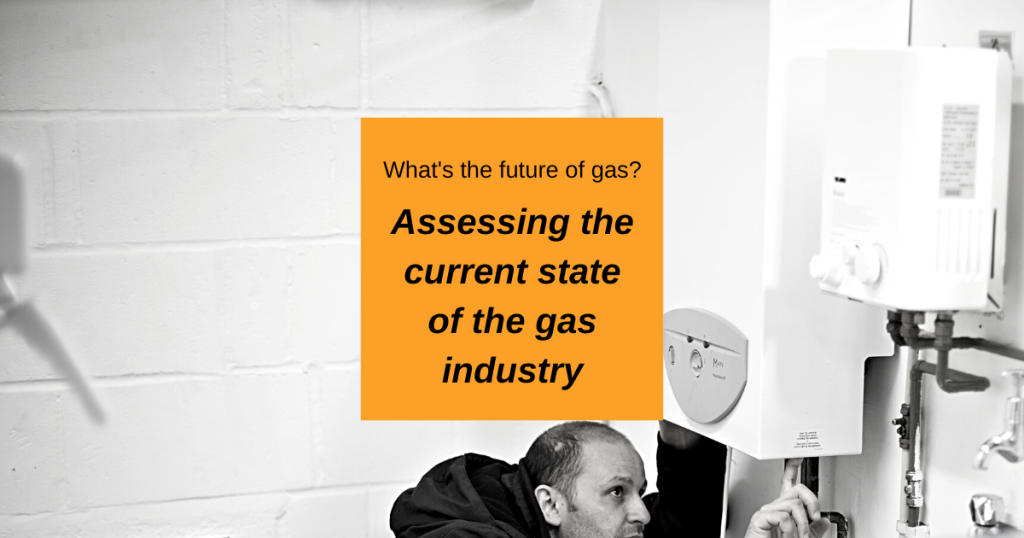
Before embarking on a new career path, it’s only natural that you want some kind of assurance that the time and money you spend training will be worthwhile in the long term.
Given the significant changes currently taking place across the gas industry, those considering becoming a gas engineer may understandably have questions about whether the sector is still a viable career path.
With the sector moving away from natural gas, and gas boilers set to be banned, it is inevitable that the current knowledge and skills of existing gas engineers, along with industry training courses and regulations, will undergo a shift in the coming years.
While updates are necessary these will be phased in slowly, and will largely build on the current expertise of gas engineers, rather than replace. With this being said, the industry still remains an appealing career choice, with engineers holding a key role in the construction sector’s transition to becoming more sustainable.
Gas isn’t going anywhere soon
The 2025 ban on gas boilers only applies to new-build homes. Given that 85% of UK homes still rely on gas for heating, and with more than a decade to go until gas boiler installations are completely phased out, it’s unlikely that much will change for gas engineers anytime soon.
Beyond new-builds, the 22 million existing gas boilers in homes across the UK aren’t going anywhere, and will still need servicing and repairs.
The introduction of hydrogen
In the coming years, we’ll see natural gas supplies replaced by hydrogen, with a number of successful trials already carried out.
Most modern boilers are already built to a ‘hydrogen ready’ standard to accommodate this change. Fundamentally, these boilers are similar to traditional boilers, just with a few changeable components that can be switched when hydrogen becomes the norm.
2030-35 is the earliest we're likely to see whole-scale hydrogen use on the grid, and natural gas is guaranteed to be in use up until then, meaning there will be no major changes for gas engineers in the immediate and short-term future.
What does this mean for gas engineers going forward?
Looking further ahead, adjustments will be made to training and regulations. Since the fundamental core skills are similar and transferable, this shouldn’t take long.
Initially, what’s likely to happen is that EU skills will introduce an add-on module to the existing ACS. This could take the form of a 1-2 day uplift skills course that adds to existing gas qualifications.
As hydrogen becomes more widely used, a specific qualification will be written and an appropriate MLP will integrate both fuels, to equip engineers for the changing industry, eventually becoming a requirement for Gas Safe registration.
An ageing workforce means high demand
More than a third of the oil and gas workforce is over 50 and nearing retirement, meaning a skills shortage in the industry is likely imminent. This means those entering the industry with the required qualifications do so in a strong position with their skills in incredibly high demand.
Thinking about a career in gas? Visit our training centre and our team can help find the course that’s right for you. If you can’t make it into the centre, give us a call on 01322 280 202.